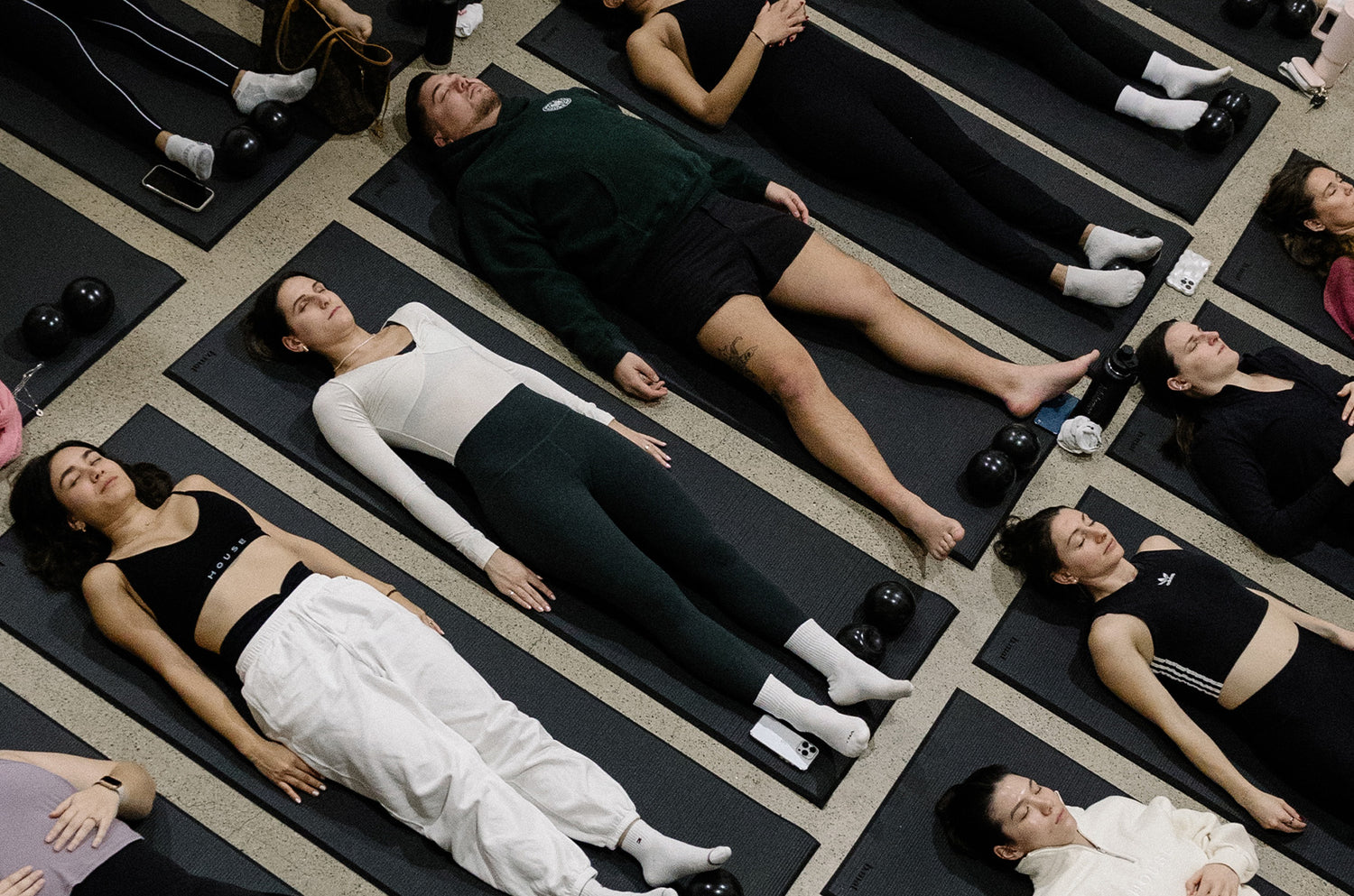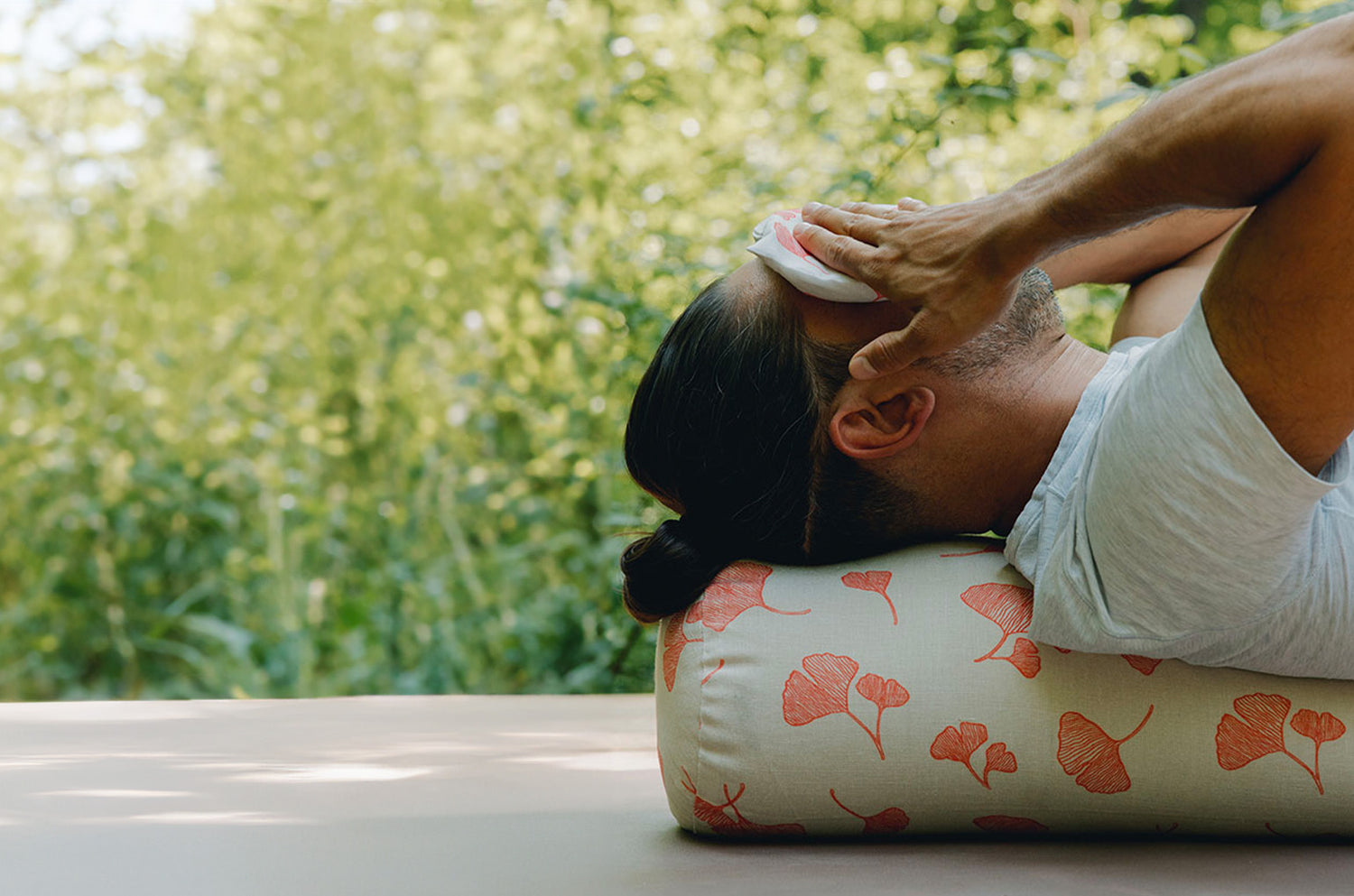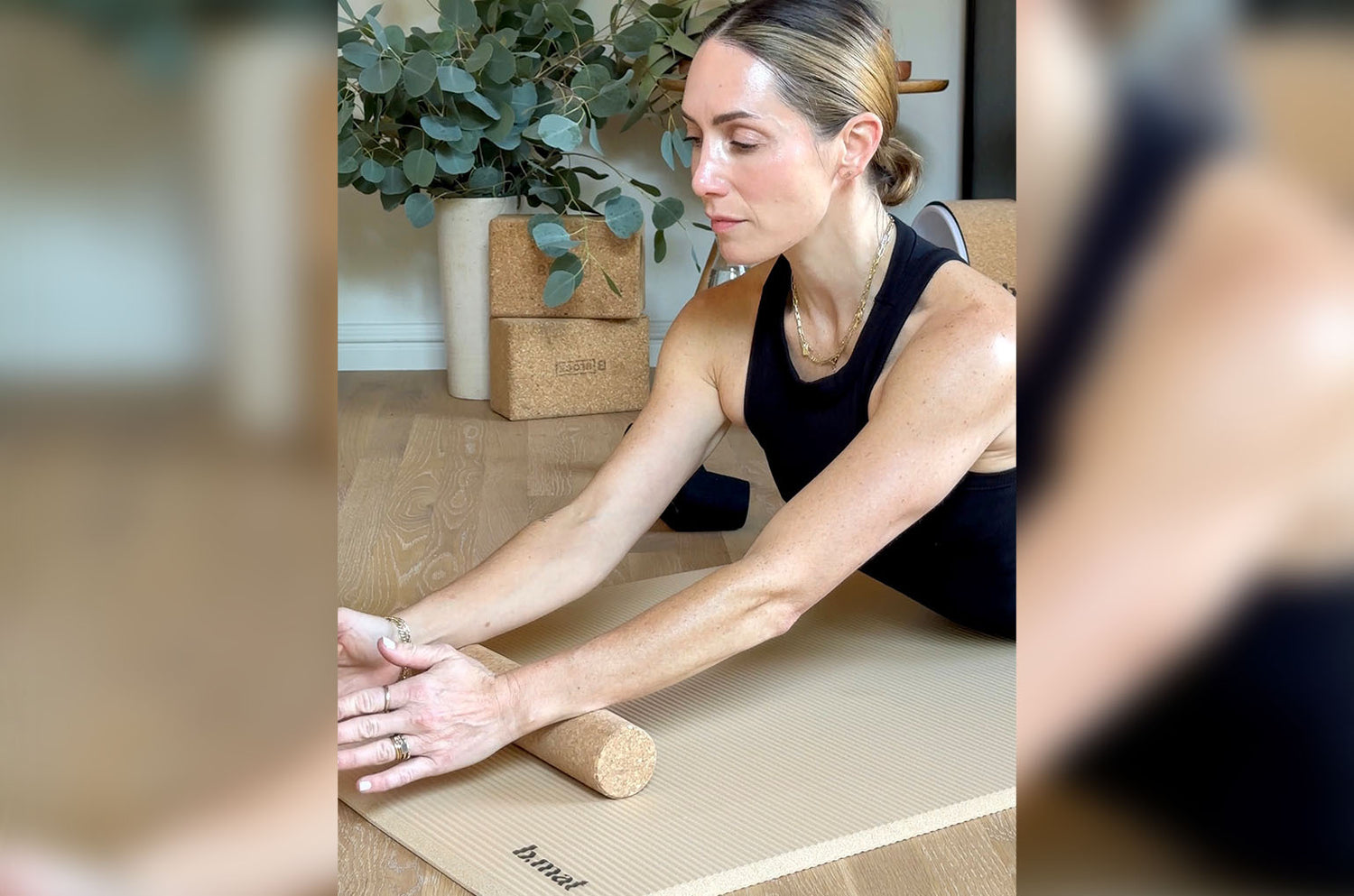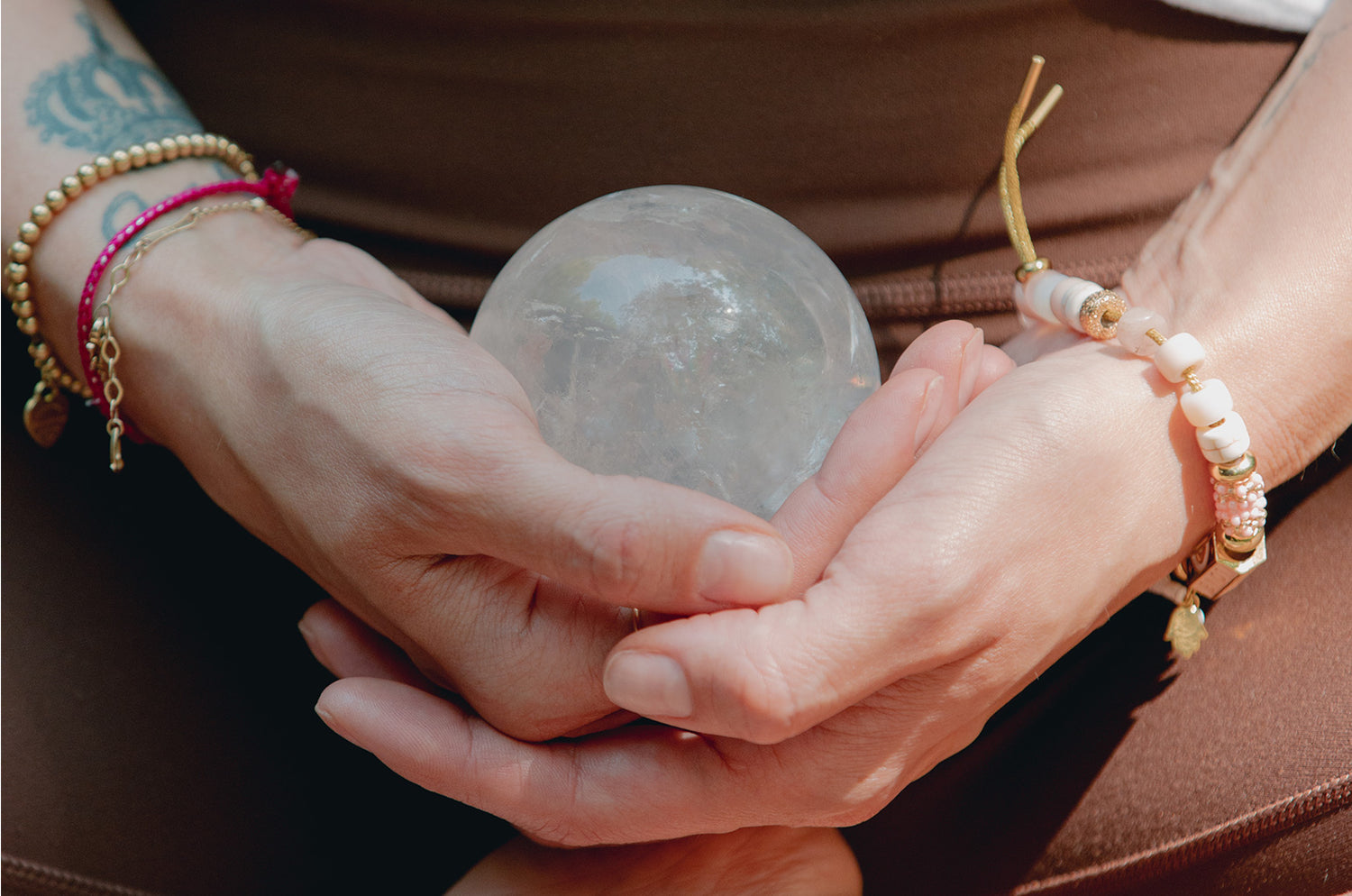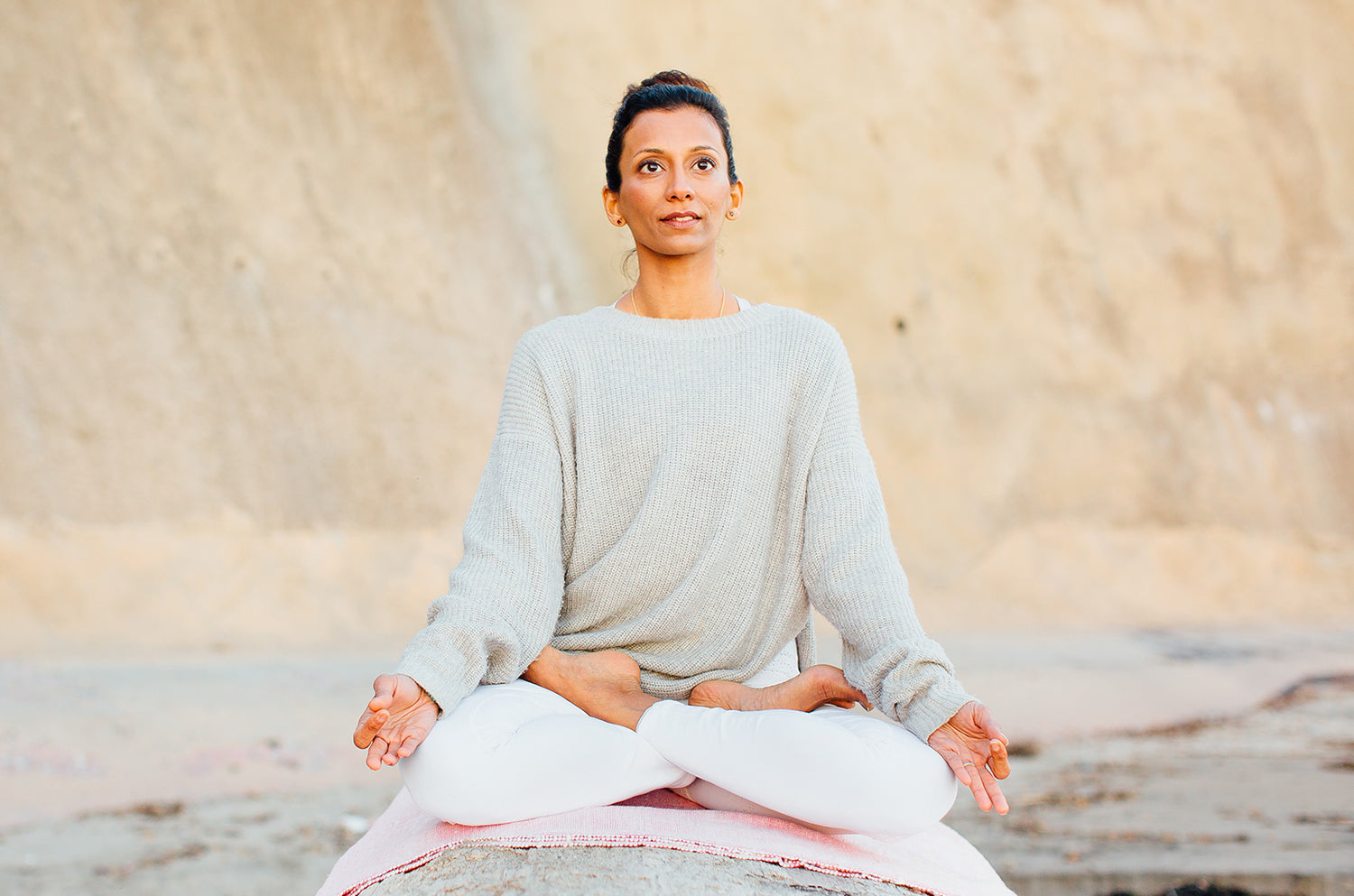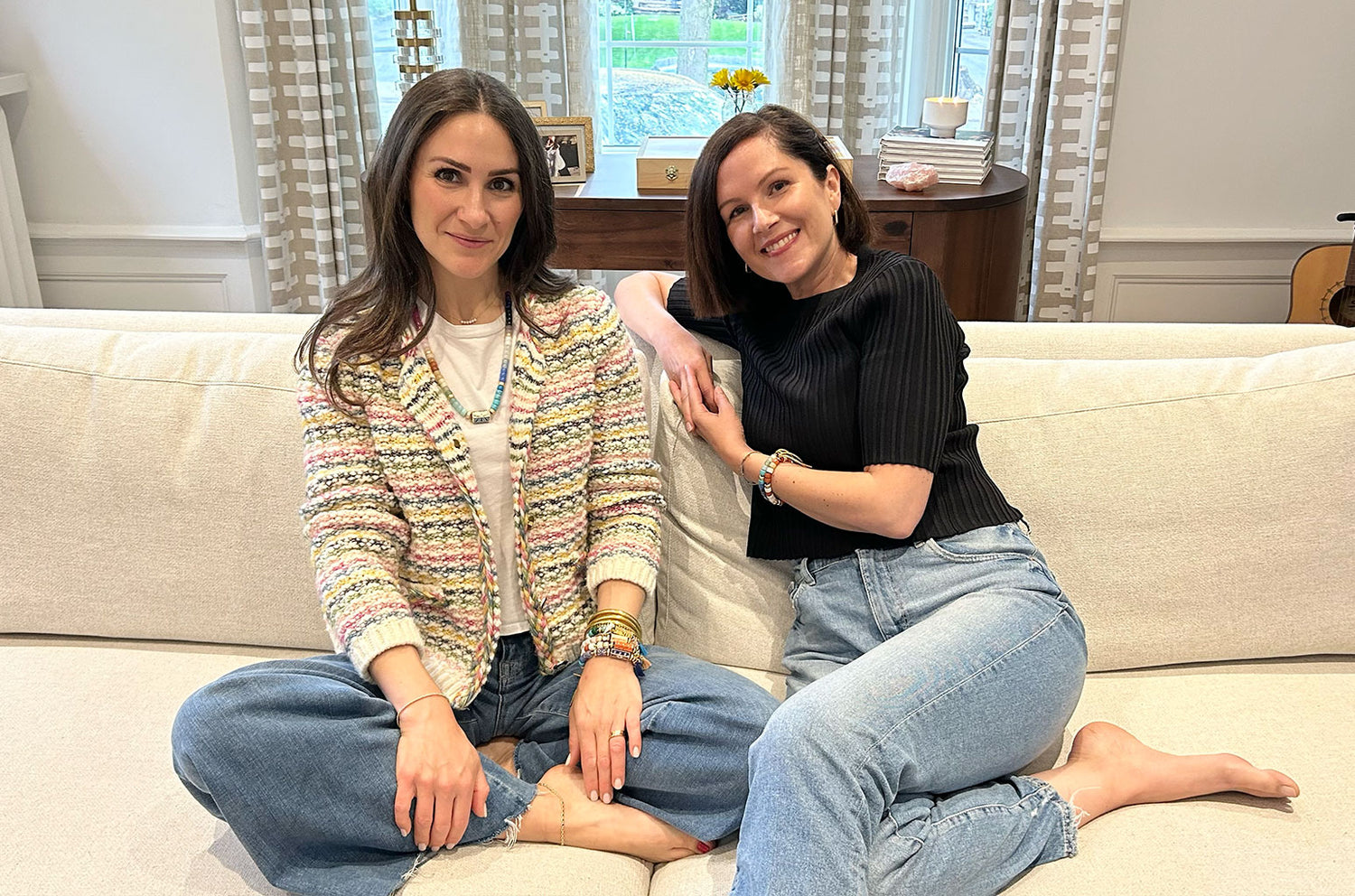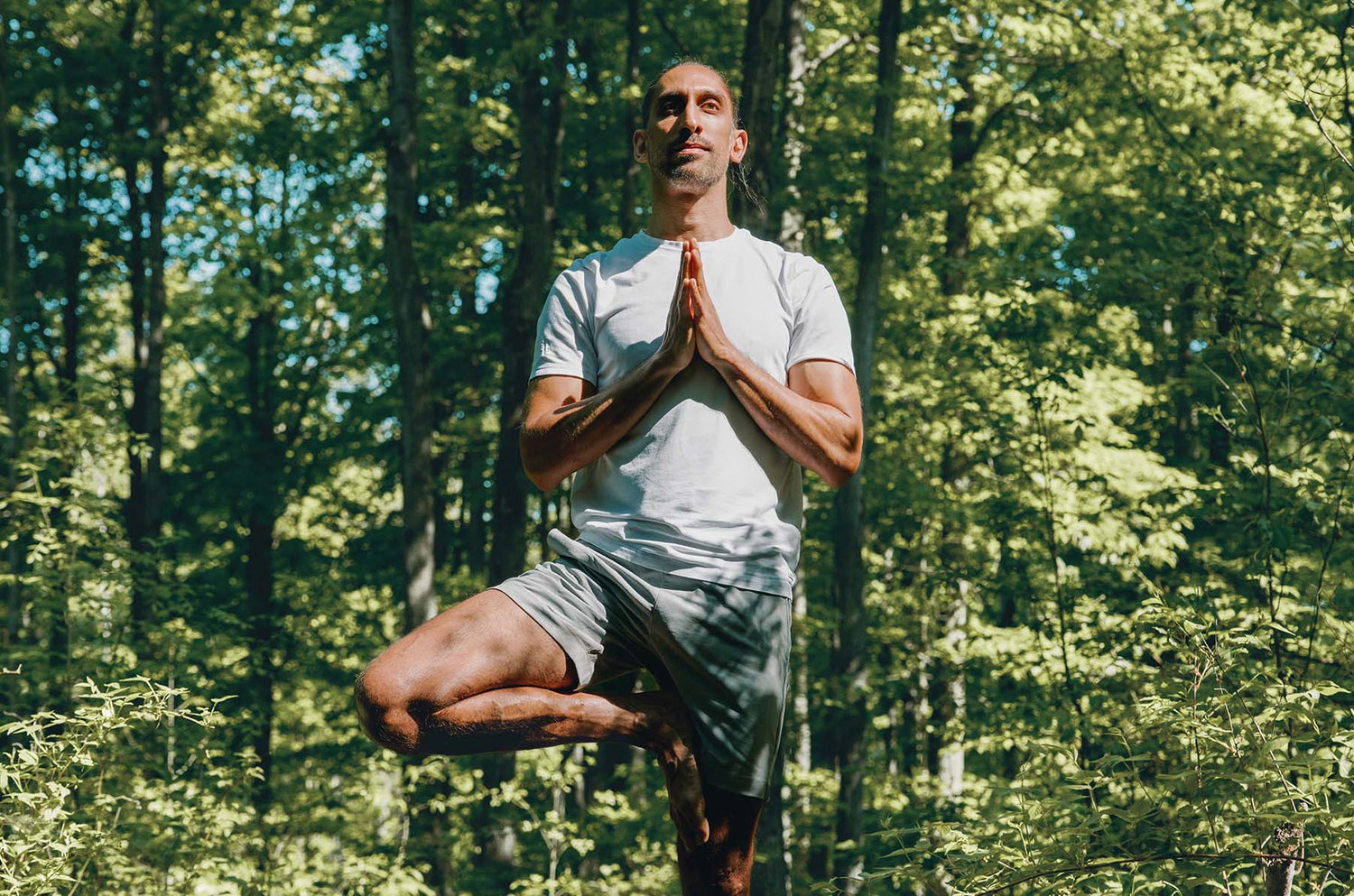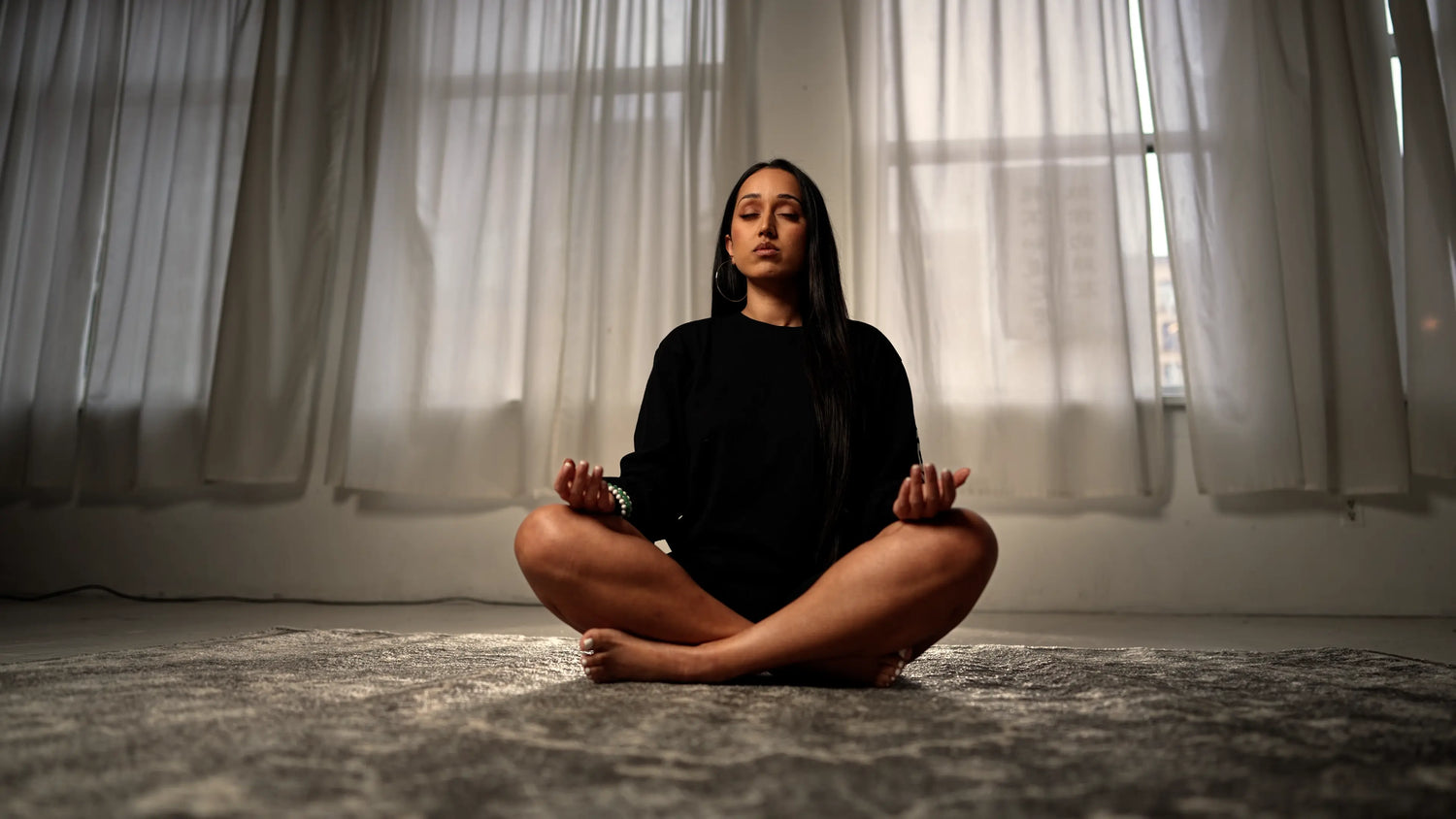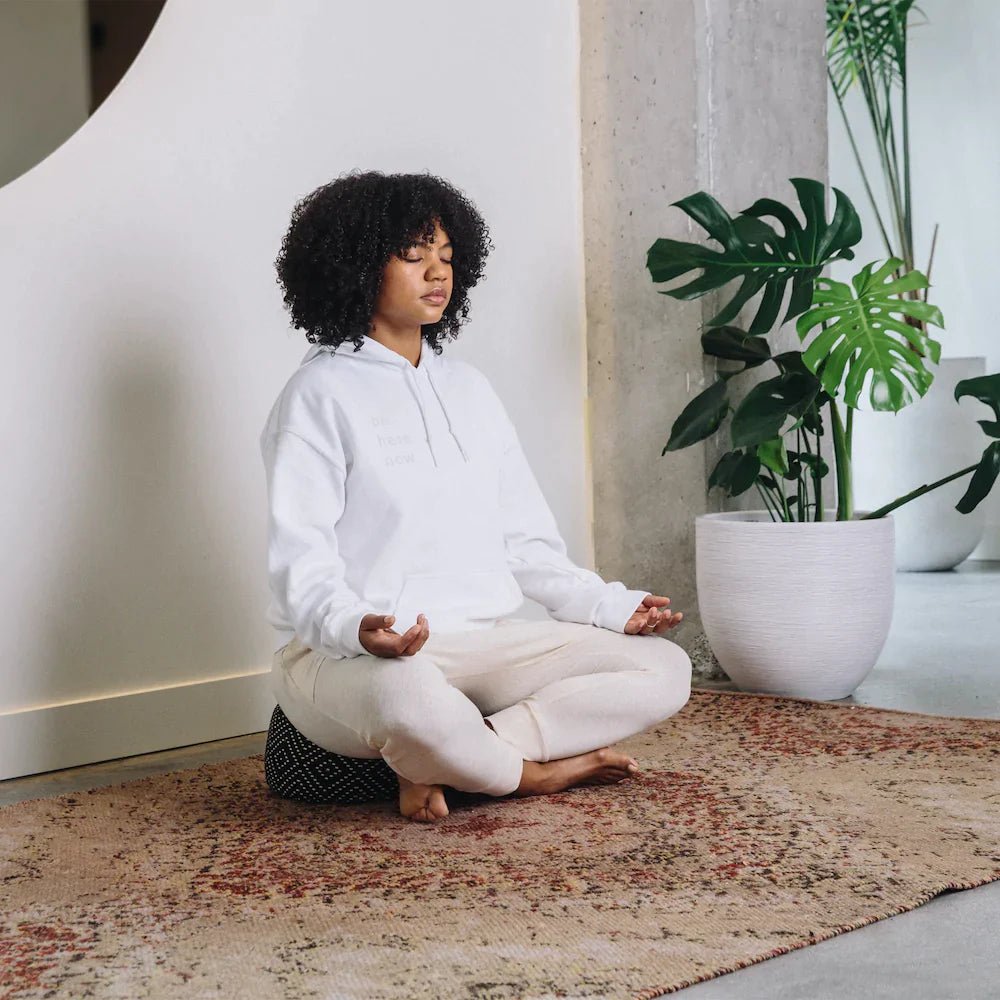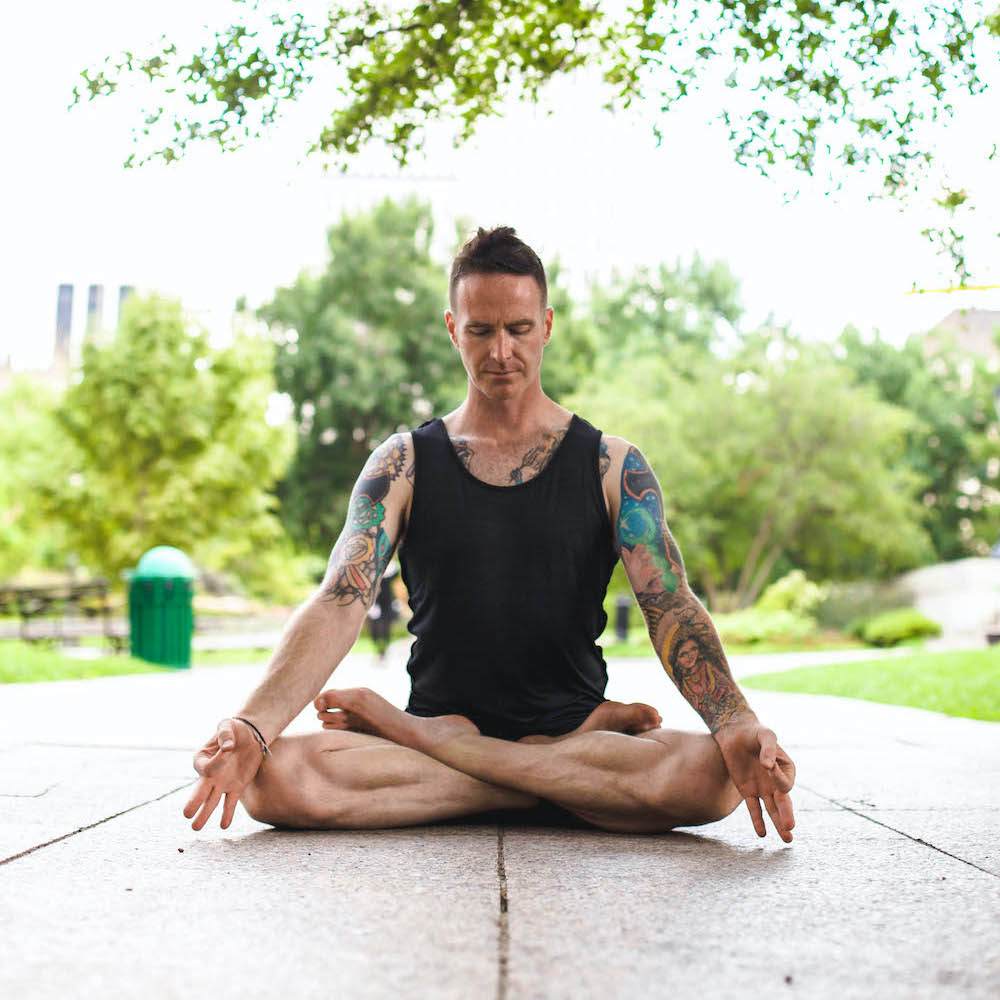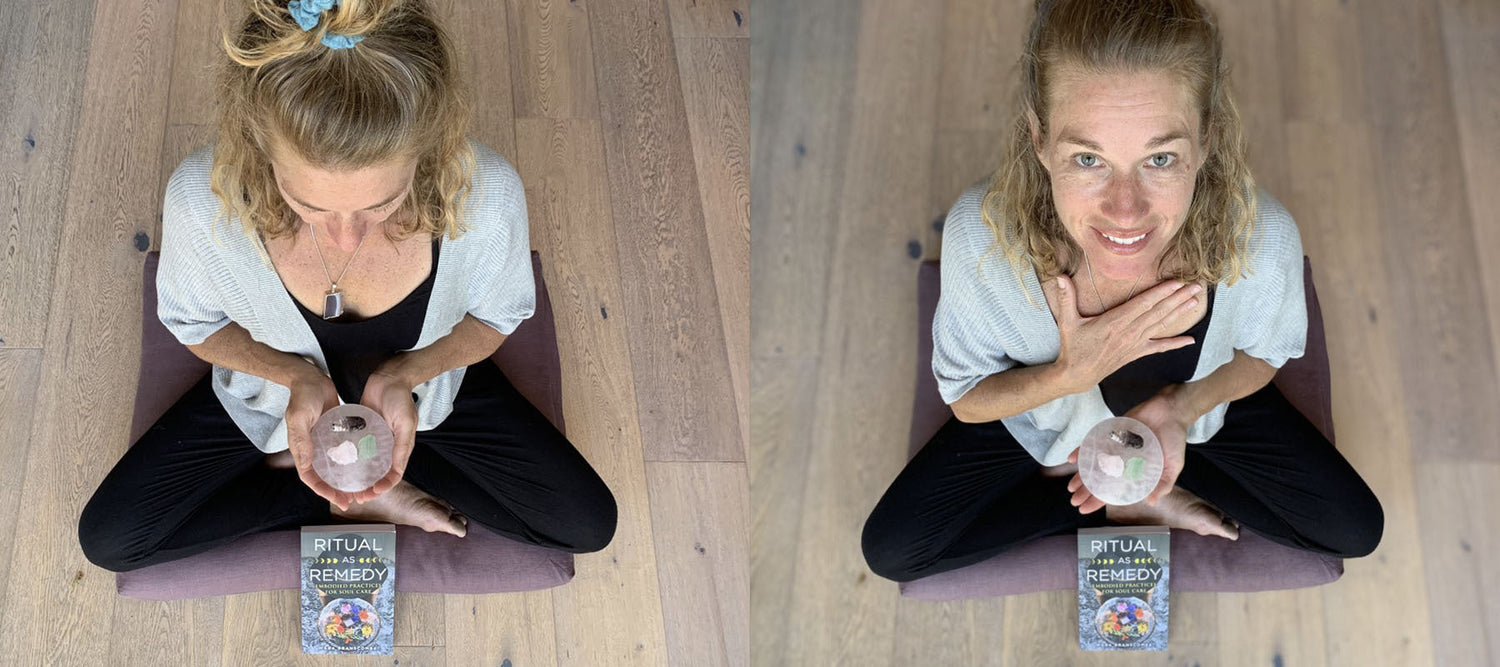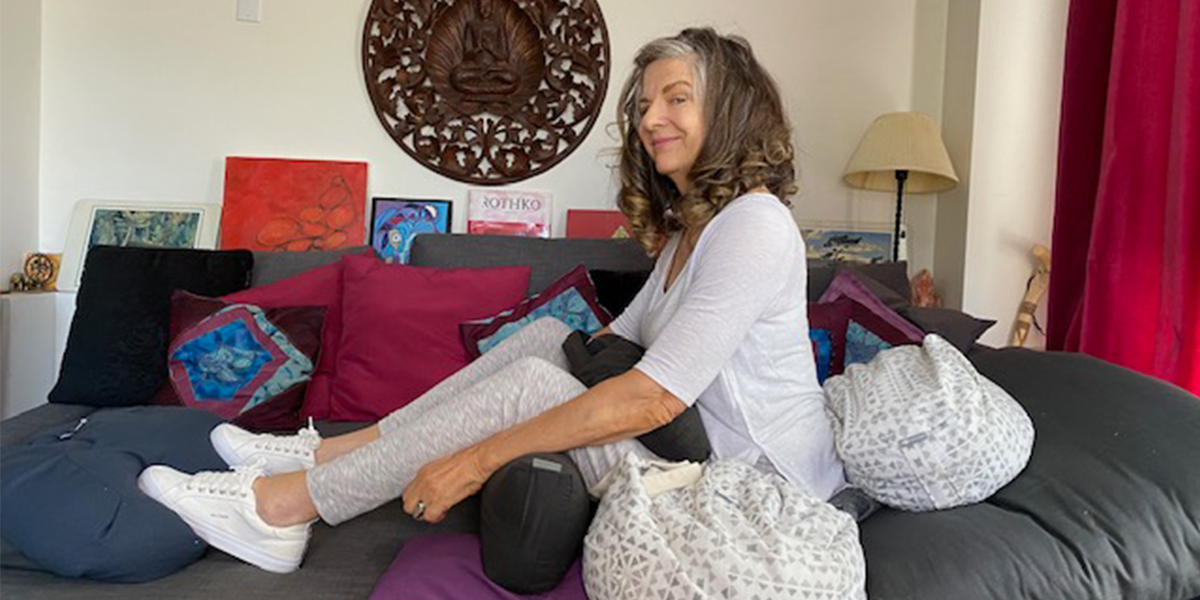From the golden milk lattes or dirty chais at your local coffee shop, a healing oil massage at the spa, and your favourite essential oils—chances are whether you’ve realized it or not, you’ve been exposed to Ayurveda recently.
Yet, what exactly is Ayurveda and why should we care?
A sister science to Yoga, Ayurveda is an ancient healing practice from India concerned with balancing all aspects of ones well-being; physical, mental, emotional and spiritual. At its heart, Ayurveda tells us that everything is connected and that we can achieve vitality and healing only when can coexist in harmony with our environment i.e. Nature. It empowers us to understand our innate constitution, our strengths and weaknesses and how we can enhance the former through proper diet and lifestyle.
The word Ayurveda can be translated in at least three different ways: ‘knowledge of life’, ‘science of longevity’ or the ‘art of living.’
Many believe it to be the world’s oldest medical tradition—it was already being practiced in India many thousands of years ago - and it offers diagnosis and therapies to treat illnesses, such as yoga, massage, herbal remedies and acupuncture; yet most importantly it teaches us a way of life that both prevents illness and enhances good health, longevity and happiness.
Why is Ayurveda important today?
My teacher Dr. Robert Svoboda, the first westerner to become an Ayurvedic Vaidya or doctor, notes, “Human physiology has not changed much in recorded history. Externally things may have changed, but our bodies and minds are almost identical to those of our ancestors. What imbalanced us in the past still imbalances us today.”

The relevance of Ayurveda lies in the fact that early humans were much less able to control their environments than we can. They had no choice but to cooperate with and rely on nature. Without fancy instruments they had to cultivate their intuitive diagnostic abilities, and attune to a patient's mind/body state. Ayurveda thus grew into the qualitative, nature based science it is today.
Dr. Svoboda continues. “Ayurveda works because it looks at a situation and evaluates it according to the qualities or “gunas” that make up that situation. And after a period of evaluation? Ideally, you want to counter the guna that is out of balance.”
Consider modern life. It can feel redundant to say that we live in a world that is moving too fast. Yet as we know, our time crunched lives take a heavy toll, with conditions such as heart-disease, cancer, IBS and obesity on the rise everywhere. Ayurveda’s prescription seems deceptively simple. Clearly, the guna that is out of balance in our lives is speed. So if life is fast, we must slow down.
Yet it goes deeper. To understand how to regain balance in our lives today, we have to appreciate a key Ayurvedic principle: everything is connected. As the first teacher of Ayurveda, the sage Atreya said to his student, “When we learn to appreciate the entire universe in the self and self in the universe, we develop true intelligence. It is the beginning of yogic endeavour. We learn to think, eat and live correctly.”
Today, we are always online, plugged in and connected. We sleep late, work in artificial light and upon awakening often need a stimulating beverage to kickstart our day. We begin our mornings not with moments of quietness, but instead with a quick look at our smartphones, anxious that we might be missing out on something new.
This excess of speed in our lives, the speed of communication, the distraction of technology, the chaos and overwhelm of many demands and the lack of time with which to meet them, impacts our mind and our body. And if we continue to live in this way and fuel ourselves with another cup of espresso, over time we begin to feel drawn, exhausted and imbalanced. Our kids are feeling it too.
Routine + Rhythm
Countering the chaos of modern life is essential to maintaining long-term health, and finding a routine is key.
“Daily routines help in our paths to self-realization and ego-less-ness,” says Jaisri Lambert, an experienced Ayurvedic Practitioner and Counselor in Vancouver, Canada. “When our life is ordered, there is no disorder and we do not have to visit the physician, we can become our own physician.”
This logical and intuitive map on how to live each day is called Dinacharya, which implies the “mastery” of each day. Dinacharya allows us to have the discipline to be able to cope with the pace of modern life. As a family, we try to include daily exercise, yoga, meditation, spiritual practices and a seasonally oriented, mindful diet that provides us with balance. One way I have been explaining dinacharya to my now twelve year old son is this, “We must do the right thing at the right time.”
This is how I have managed to help him create routines that get him to bed by 9 p.m., to dim the lights before we say good night, to not eat ice cream after a heavy, cooling meal of pizza; and to never drink milk with any meals—something I still see as a common practice for many families in North America.
Routine and rhythm offer grounding in their predictability, which in turn helps us to navigate uncertainty and anxiety. This works beyond just the body, helping to calm the mind and the emotions; and helps us to live harmoniously from day to day.
By Insiya Rasiwala-Finn
b, halfmoon global ambassador
Ayurvedic Coach, Yoga Teacher + Mama, Cancer Survivor
Dive deeper into Ayurveda with Insiya’s Urban Ayurveda Course



